The Author of the World's First Novel: Meet the Strong and Stubborn Murasaki Shikibu (Heian, 973)
 The Girl Who Changed Literature
The Girl Who Changed Literature
Murasaki Shikibu, a figure shrouded in mystery and admiration, is considered one of the most important pillars of world literature. Her greatest work, "The Tale of Genji," is recognized as the world's first novel. By breaking the barriers related to the rigid role of women in ancient Japanese society, Murasaki initiated the era of novel writing, setting new standards for future generations of writers.
Her life, though distant in time, continues to fascinate, and the strength and perseverance of this woman inspire to this day. Living in the Heian period, an era when women rarely had a voice in any matter, Murasaki accomplished something extraordinary. She not only gave Japanese literature a new shape but also had a significant impact on the development of language and culture.
Entering the world of Murasaki Shikibu, we discover not only her literary genius. We also meet a woman who, on one hand, is strong, full of passion and perseverance, which did not break under the successive misfortunes that life brought her. On the other hand, she is a woman of deep sensitivity and refined perceptiveness, who with unmatched precision and empathy portrayed the life of her era's aristocracy. Thanks to this extraordinary ability, her works have survived centuries, inspiring countless generations of readers and creators.
“Oh, if only you were a boy, how proud I would be!”
Anata ga otoko no ko dattara, donna ni hokori ni omotta darou.
あなたが男の子だったら、どんなに誇りに思っただろう。
- Fujiwara no Tametoki, Murasaki’s father
The Life of Murasaki Shikibu: A Story of Strength Crushing Encountered Obstacles
 Youth
Youth
Murasaki Shikibu was born around the year 973 into the aristocratic Fujiwara family, one of the most powerful and influential clans during the Heian period. She grew up in what was then called Heian-kyō (modern-day Kyoto), the hub of aristocracy and the imperial court, where Murasaki Shikibu spent most of her life creating her most important works. Her life from the earliest years was marked by tragedy – the early loss of her mother introduced a note of sadness and loneliness into her childhood. This painful chapter in her biography not only cast a long shadow over her childhood but also fundamentally influenced the shaping of her character and personality.
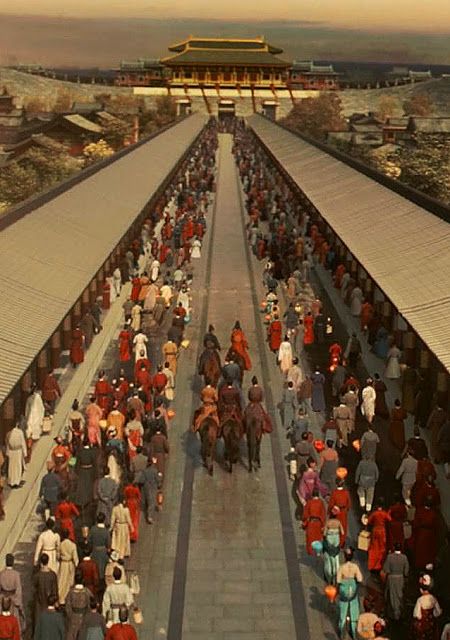
However, despite these difficult beginnings, Murasaki showed remarkable strength and determination. Instead of succumbing to the passivity she could have learned from the sadness of her early years, she chose the path of education and self-improvement. Tragedy, instead of weakening her, became the foundation upon which she built her later life and creativity. It was this mix of personal pain and perseverance that shaped Murasaki into a woman of unwavering spirit strength, whose works have survived the centuries, leaving a lasting mark on literature and culture.
 Forbidden Education
Forbidden Education
In the world of Heian Japan, where traditional social roles rigidly influenced access to education and intellectual development, women were in the shadows of their male counterparts. Despite these obstacles, Murasaki Shikibu (紫式部) not only sought knowledge but also crossed the boundaries that her era's culture imposed on women.
Her education was not a formal process of attending lessons or studying under a teacher (that was unthinkable, as she was a girl, not a boy). Instead, she learned by observation and eavesdropping on her brother's lessons, which took place at home. Chinese literature, with its rich history and complexity, was then considered the domain of men, but Murasaki, driven by an insatiable passion for literature, "cheated the system" and "took over" knowledge originally intended for her brother.
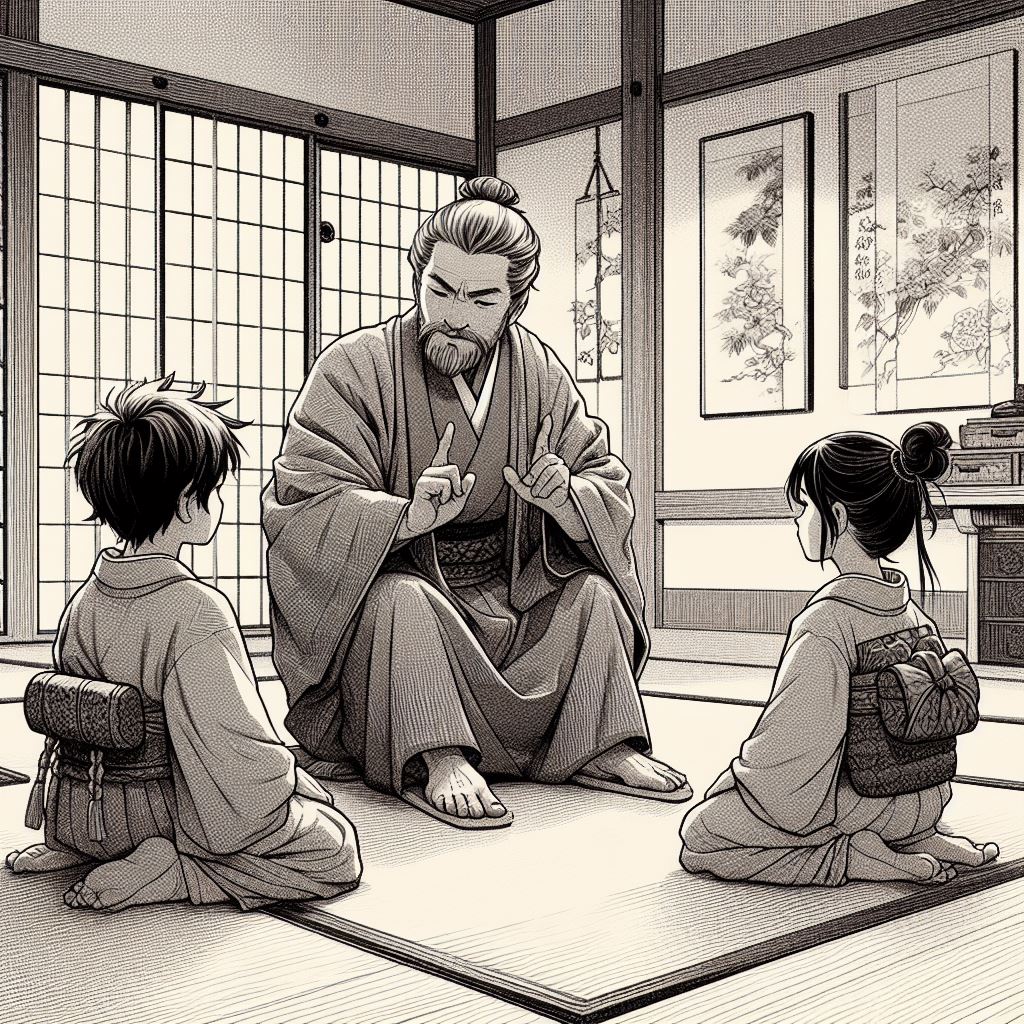
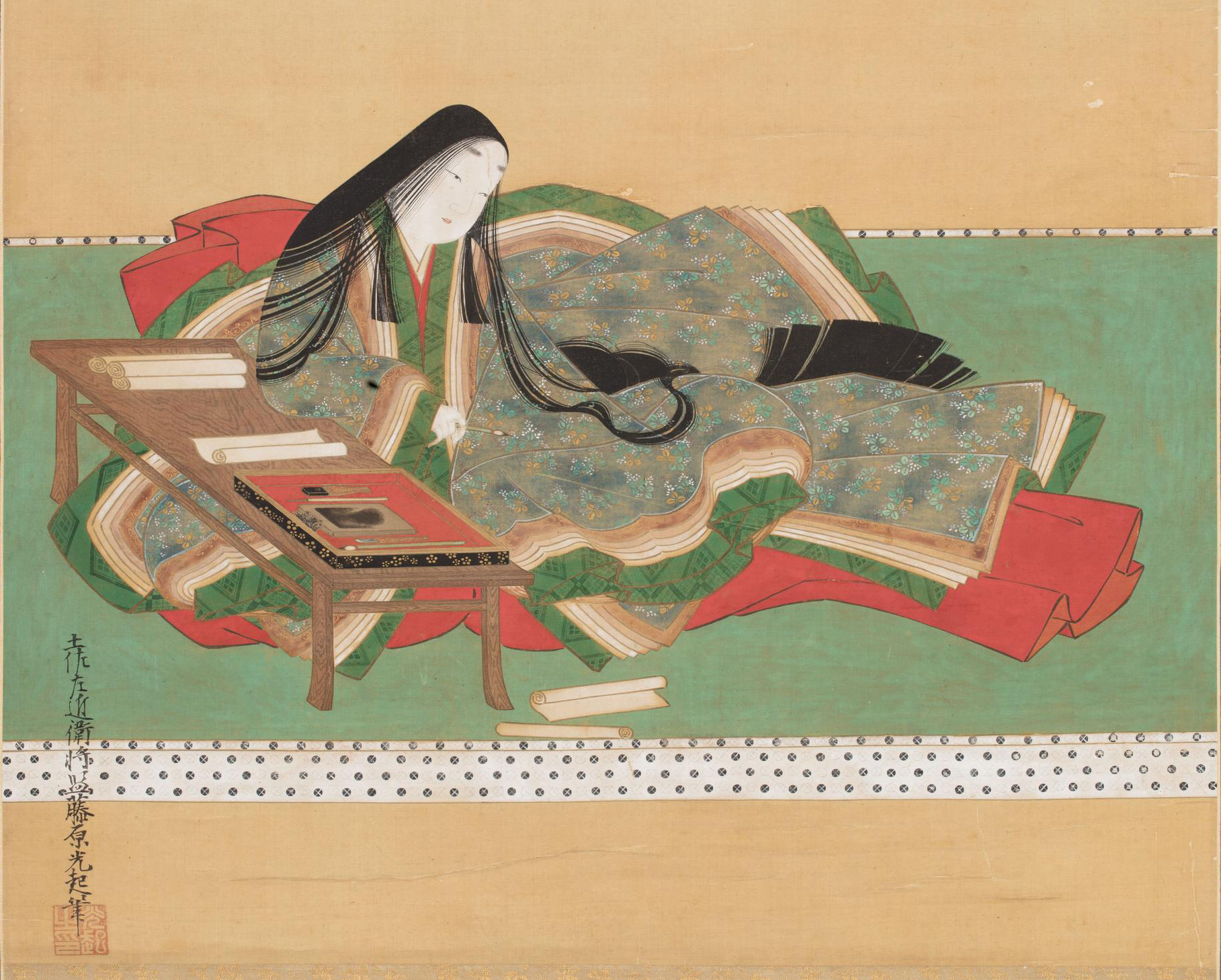
Difficult Choices: Strength in the Face of Tragedy
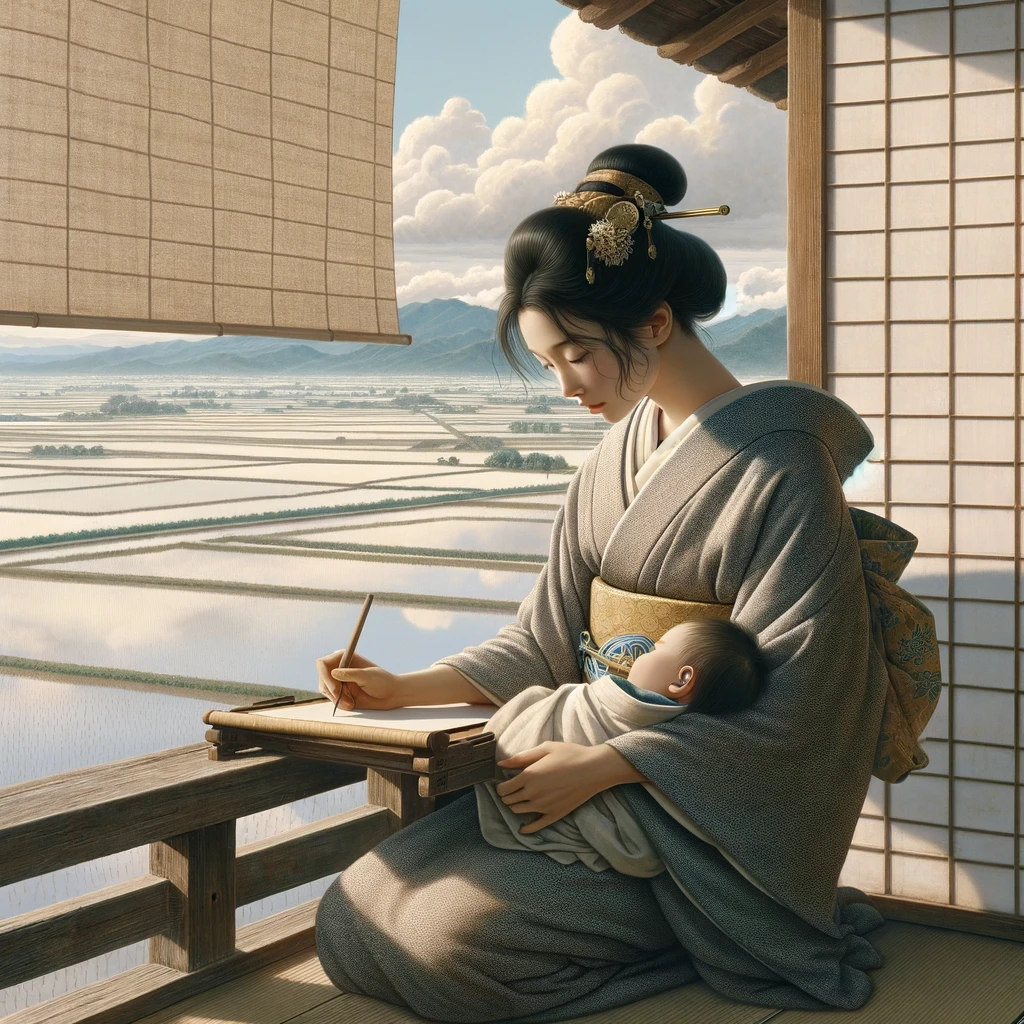
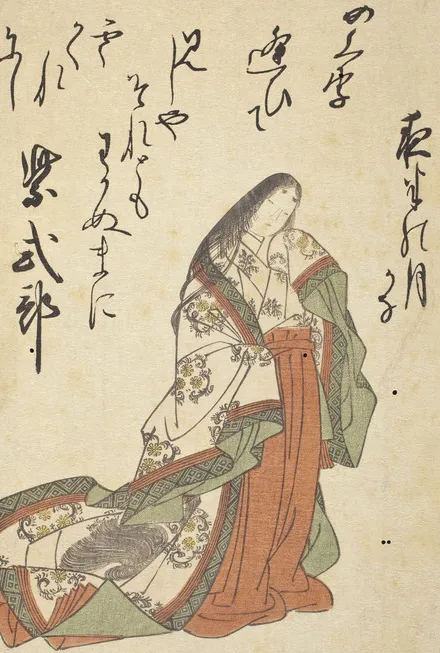
Service at the Court of Empress Shōshi
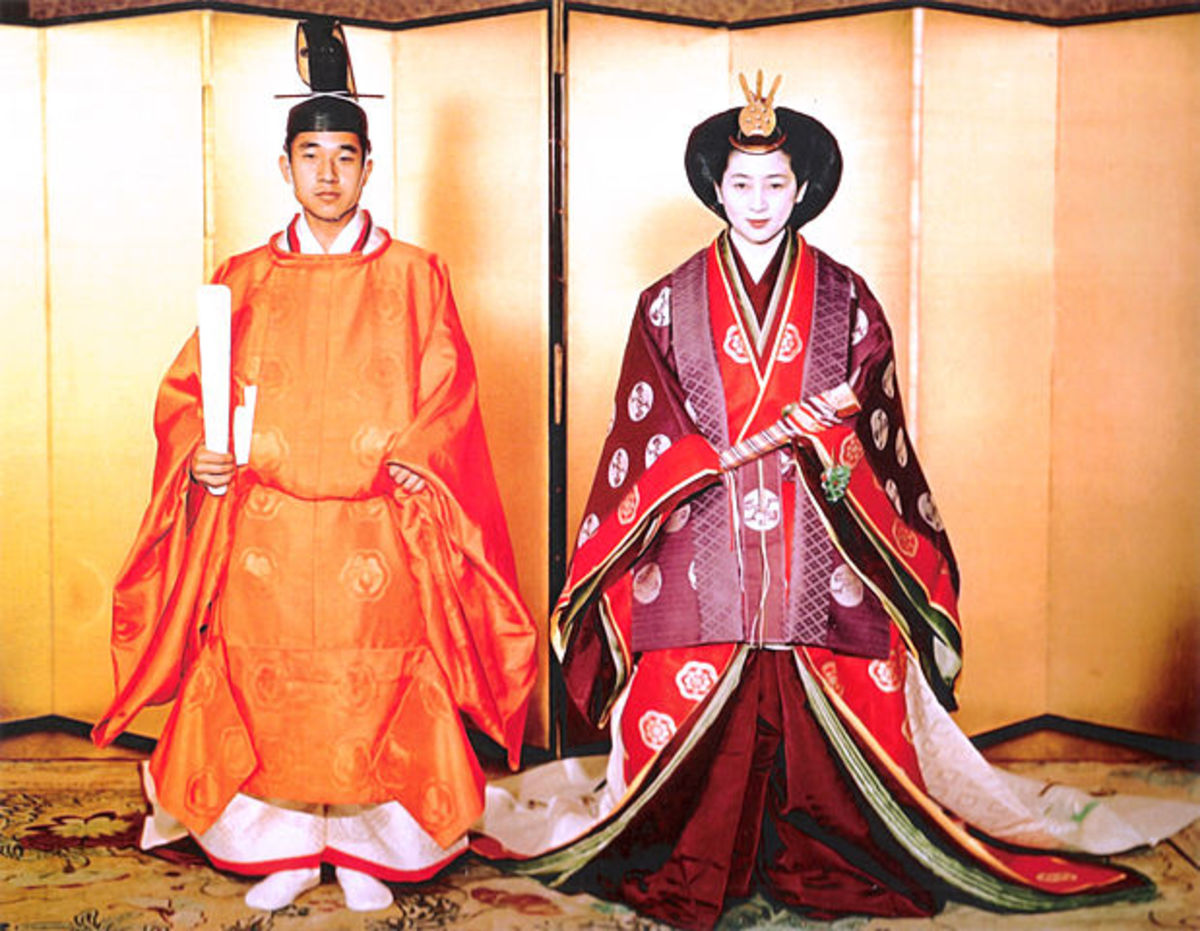
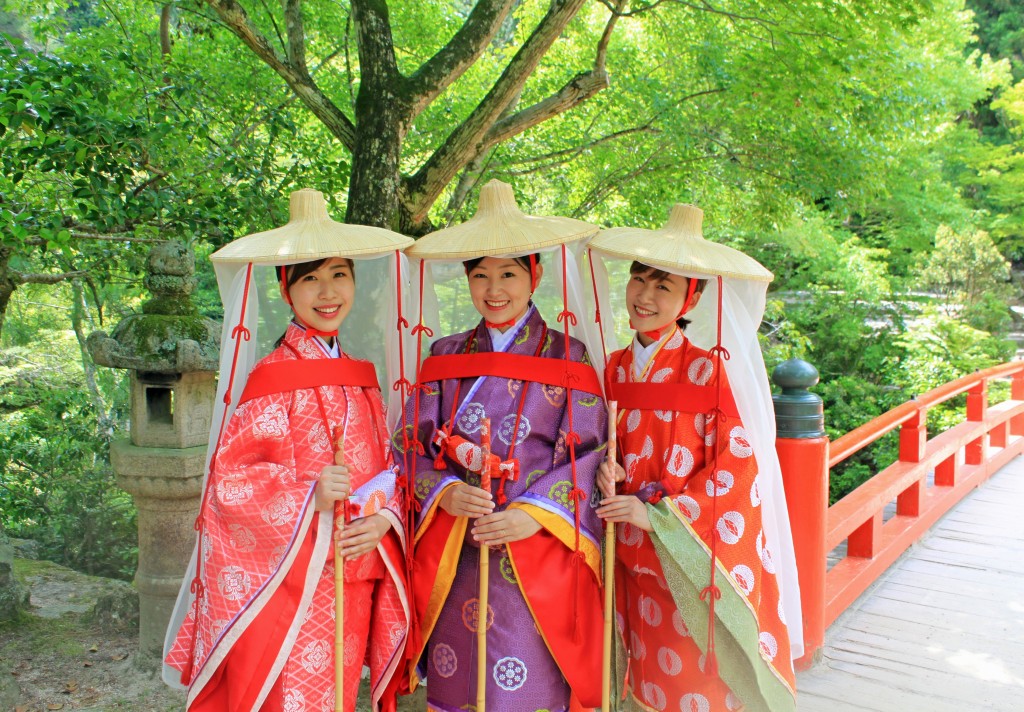
At the court of Empress Shōshi, Murasaki not only served as a teacher and literary advisor but also continued writing, creating most of her magnum opus, "The Tale of Genji." Her presence at the court and her work had a lasting impact on Japanese literature, contributing to the development of the monogatari (storytelling) genre and shaping Japanese literary aesthetics.
Creativity and Twilight Years
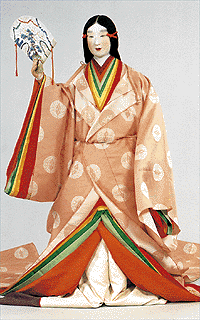
However, her work was not limited to "The Tale of Genji." Murasaki Shikibu also kept a diary (Murasaki Shikibu Nikki), which offers invaluable insights into daily life at the imperial court, and wrote a collection of poetry. Her works reflect a deep understanding of the human psyche and the subtleties of interpersonal relationships, thereby gaining immortal fame and remaining valued for their literary excellence to this day.
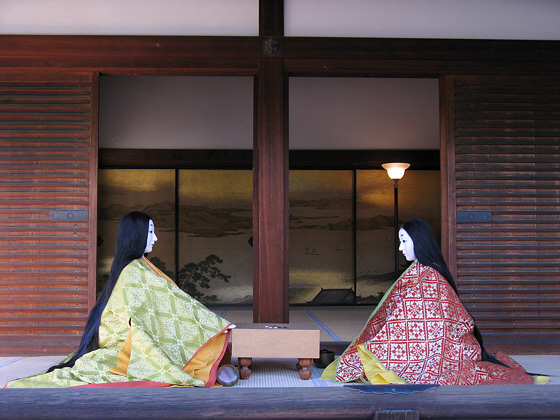
The exact date of Murasaki Shikibu's death remains a matter of speculation. It is believed that she died around the year 1014, though some sources suggest later dates. Regardless of the date, her death marked the end of the life of one of the most influential figures in the history of Japanese literature.
 Murasaki Shikibu's 1000-Year Legacy
Murasaki Shikibu's 1000-Year Legacy
In the gardens and corridors of ancient Kyoto, at the heart of Japan's Heian period, a young, already widowed mother, Murasaki Shikibu, created a work that has withstood the test of time, inspiring endless generations over the last thousand years (1000 years is about 50 successive generations!). "The Tale of Genji" (源氏物語, Genji Monogatari), considered the world's first novel, has become a milestone in the history of literature, analyzed and admired by millions throughout history, the subject of thousands of master's theses and doctoral dissertations, and adapted into countless other cultural works—from traditional theaters to anime and video games.
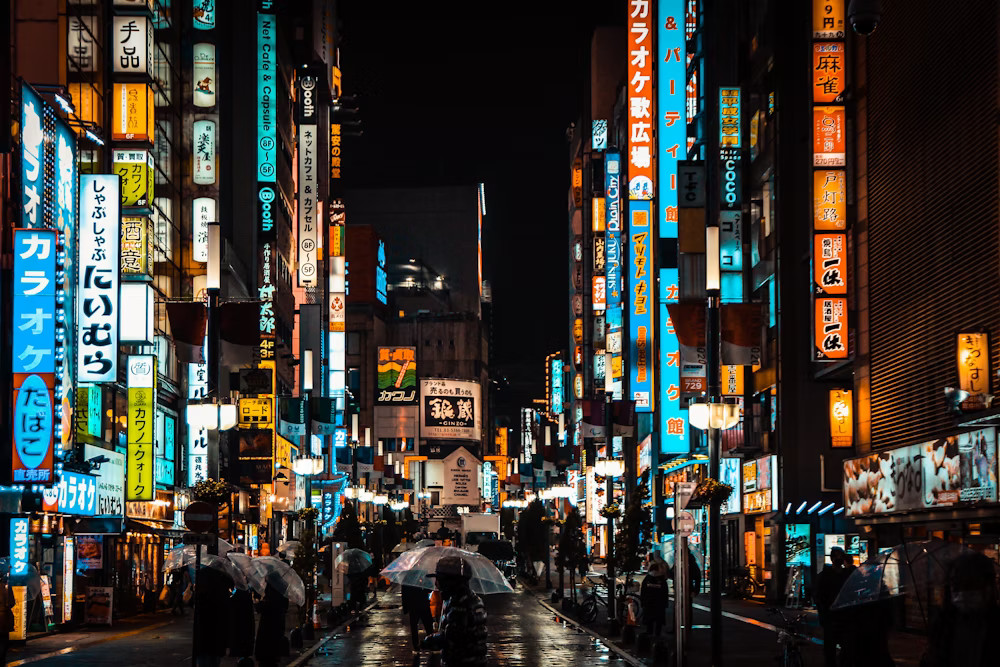
I think Fujiwara no Tametoki could, after all, be proud of his daughter.
A Brief Overview of Murasaki's Work
The Beginnings of Novel Writing: "The Tale of Genji"
"The Tale of Genji" (源氏物語, Genji Monogatari), the life's work of Murasaki Shikibu, is recognized as the world's first psychological novel and a milestone in the development of literature. Composed during the Heian period, it describes the life and loves of Hikaru Genji, "the shining prince," and his descendants and contemporaries, creating a rich social and cultural fresco of ancient Japan. The structure of the work, based on skillfully intertwined threads and characters, combined with deep psychological descriptions of the characters, was an absolute literary innovation on a global scale, introducing readers to a complex world of emotions, ethics, and aesthetics.
 Diaries and Poetry: Personal Reflections
Diaries and Poetry: Personal Reflections
In addition to "The Tale of Genji," Murasaki Shikibu left behind diaries and collections of poetry that offer an extraordinary insight into the courtly life of the Heian period and the inner world of the author. Her "Diary" (紫式部日記, Murasaki Shikibu Nikki) is both a chronicle of daily life at the court and an intimate portrait of Murasaki's thoughts and feelings. Meanwhile, her poems, often improvised during courtly ceremonies and contests, reflect the refined aesthetics of the era, oscillating between sophisticated wordplay and deep emotionality.
 Contribution to the Development of the Japanese Language
Contribution to the Development of the Japanese Language
Murasaki Shikibu made an invaluable contribution to the development of the Japanese language. Her works, especially "The Tale of Genji," written in kana—a phonetic writing system mainly used by women and considered less prestigious than the Chinese kanji characters—helped to elevate this writing system. Murasaki explored the possibilities of the Japanese language, its rhythm and sound, which not only enriched Japanese literature but also influenced its further development.
 "Genji Monogatari" – What is the World's First Novel About?
"Genji Monogatari" – What is the World's First Novel About?
"The Tale of Genji" (源氏物語, Genji Monogatari), written in the early 11th century by Murasaki Shikibu, is one of the greatest literary achievements of the Heian period in Japan. Created during a time when the imperial court in Kyoto (Heian-kyō) was the center of culture and politics, it reflects the refined world of the aristocracy, simultaneously presenting its complex social and emotional relationships.
Main Characters and Themes
The central figure of the novel is Hikaru Genji, the son of the emperor and one of his concubines. Excluded from the line of succession, Genji seeks love and fulfillment among the women of the court, becoming a hero of extraordinary beauty and talents. His life is full of intricate relationships, complicated emotions, and political intrigue, making "The Tale of Genji" an epic story of the search for love, friendship, spiritual harmony, and a place in the world. The psychological portrait of Genji is profound, and his personal development forms the narrative axis of the entire novel.
 Themes and Motifs
Themes and Motifs
"The Tale of Genji" explores universal themes of love, power, downfall, and redemption. Love, presented in various forms and configurations, from passion to deep affection, is the guiding motif of the work. Power and its impact on human destinies are present both in a political context and a personal one, showing the complexity of interpersonal relationships against the backdrop of social hierarchy. Genji's downfall, both moral and social, leads to reflections on the transience of life and the consequences of human choices, while the motif of redemption appears in the main character's pursuit of inner peace and understanding.
Historical and Cultural Context
"The Tale of Genji" is not only a literary masterpiece but also a valuable source of knowledge about the cultural life, customs, and values of the Heian period. Murasaki Shikibu, with subtle sensitivity and attention to detail, paints a picture of a society in which aesthetics, poetry, and emotions play a key role. This work, full of literary and poetic allusions, is a testament to the role of literature in ancient Japan, while being a timeless message about human nature.
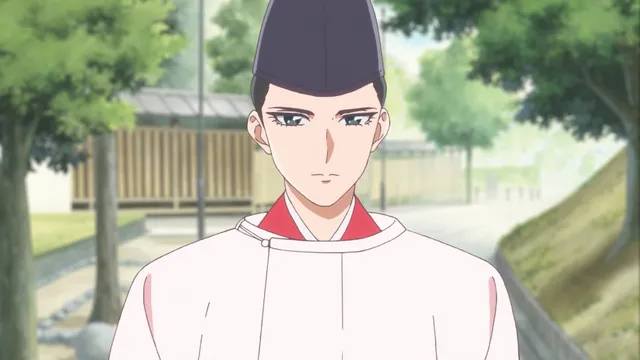
Adaptations of Murasaki's Work in Culture
Murasaki Shikibu's work, especially "The Tale of Genji," has inspired artists and creators for centuries, leading to numerous adaptations in various art forms. From traditional Japanese theater to film and contemporary visual arts, Murasaki Shikibu's work remains a vibrant source of inspiration.
 Theater
Theater
▫ Noh: One of the most famous adaptations of "The Tale of Genji" in Noh theater is "Genji Monogatari" by Zeami Motokiyo, a prominent Noh theater creator of the 14th century. This work focuses on the spiritual aspect of Genji's story, exploring themes of transience and redemption.
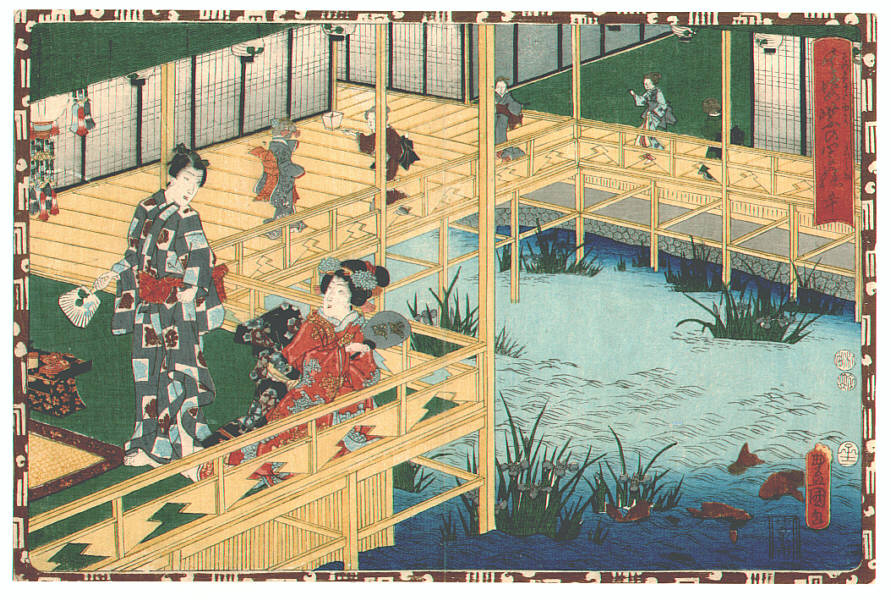
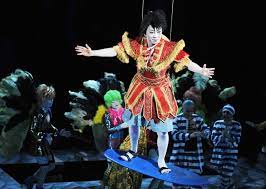
▫ Visual Arts: Murasaki Shikibu's work has also inspired visual artists. For instance, artist Tomoko Konoike created a series of works inspired by "The Tale of Genji," combining traditional Japanese aesthetics with modern artistic techniques, allowing for a new perspective on the classic story.
Murasaki's Work in Pop Culture
Manga and Anime
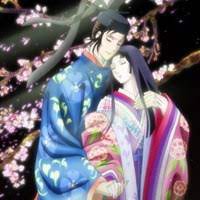
▫ "Asaki Yumemishi" (1990, Waki Yamato) A manga that reinterprets "The Tale of Genji," focusing on the psychological depth and emotions of the characters, while maintaining the historical backdrop of the story.
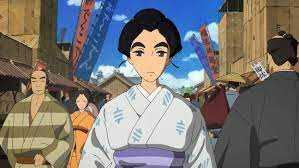
Video Games
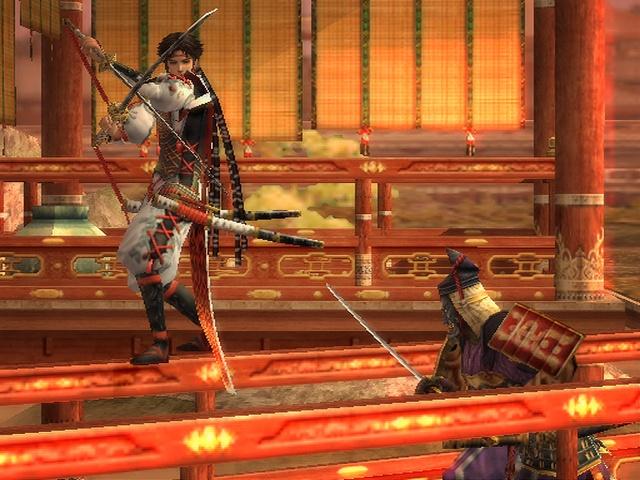
▫ "Muramasa: The Demon Blade" (2009, Vanillaware) Though the game is not a direct adaptation, it contains numerous references to “Genji Monogatari,” as well as elements of Heian period culture and aesthetics reminiscent of Murasaki's memories.
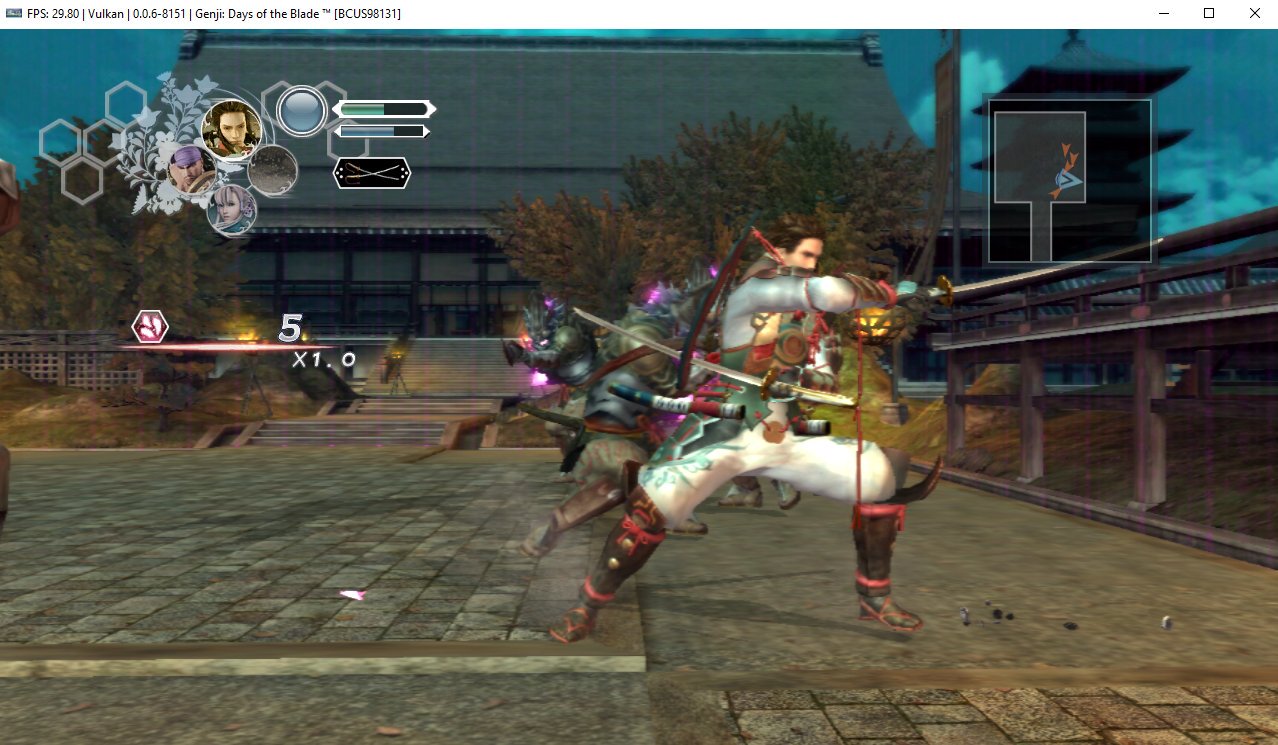
Films
▫ "The Tale of Genji" (1951, Kōzaburō Yoshimura) One of the first films to adapt "The Tale of Genji," presenting Genji's story in a traditional form.
▫ "Genji Monogatari" (1966, Kon Ichikawa) A film adaptation that strives to faithfully capture the spirit of the original, focusing on Genji's life and his romantic conquests.
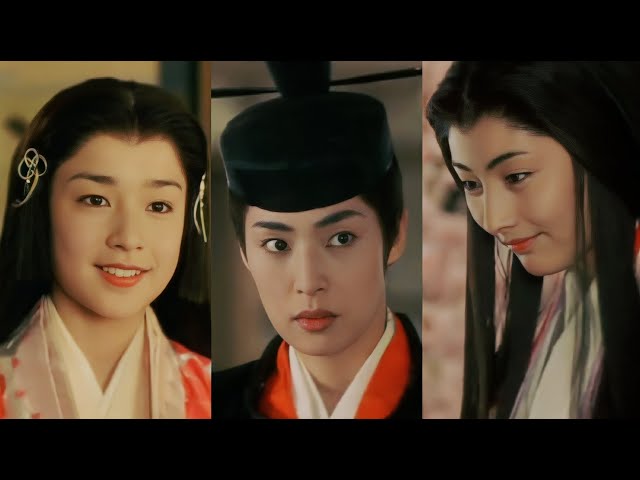
Murasaki's Voice Across a Thousand Years
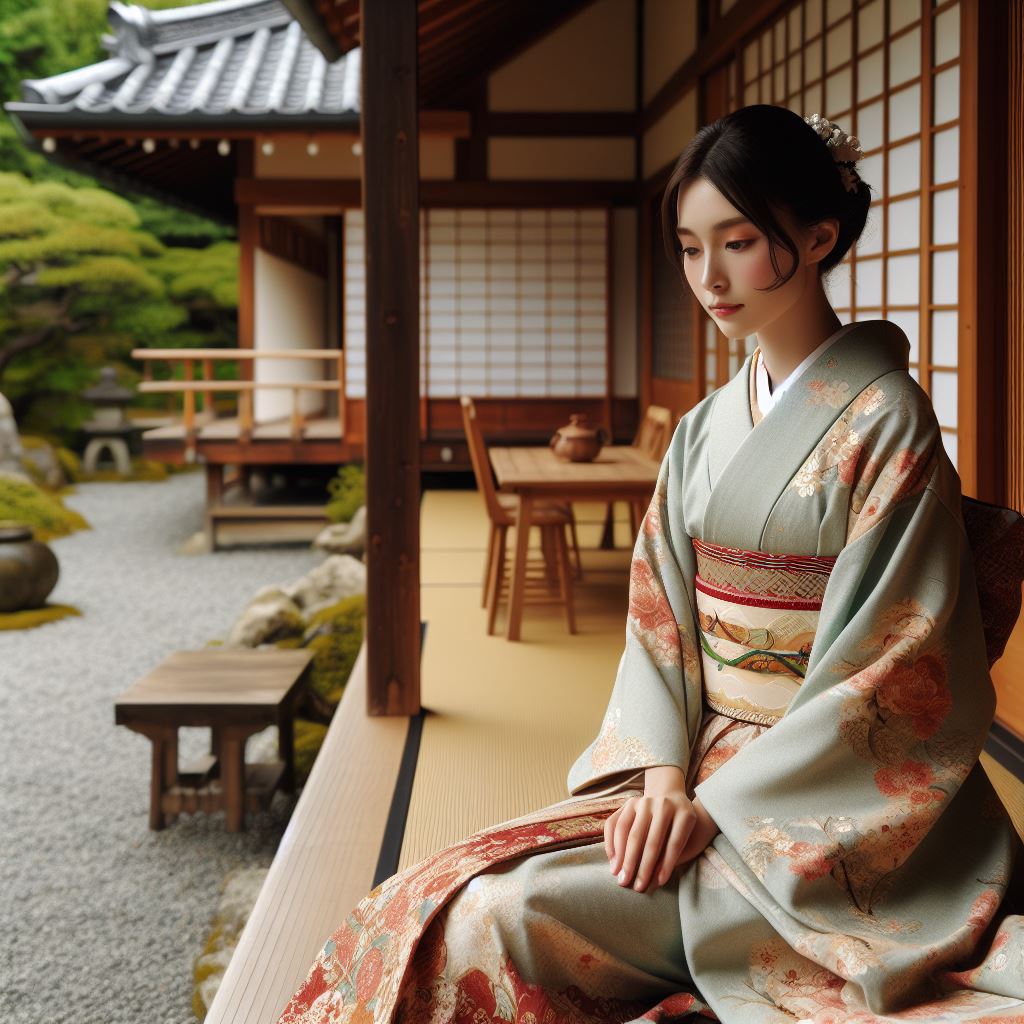
A lesser-known but important aspect of Murasaki Shikibu's life concerns her inspiration from nature, which played a significant role in her work. Murasaki had a habit of spending time in the imperial palace gardens, where observing the changing seasons and subtle beauties of nature inspired her to write. Some scholars suggest that it was these moments of contemplation and unity with nature that allowed her to create such vivid and emotionally rich descriptions in "The Tale of Genji," giving her work universality and timelessness that speaks to readers worldwide.
>>SEE SIMILAR ARTICLES:
Mass Art in Japan: The Unbroken Chain from Ukiyo-e to Modern Manga
Reassessing Morality in Death Note: Unraveling the True Nature of Light Yagami
Wild San: Who Really is Princess Mononoke?
Tomoe Gozen, the Samurai Woman: 'A Warrior Worth a Thousand, Ready to Face a Demon or a God'
"Strong Japanese Women"
see book by the author
of the page
未開 ソビエライ
An enthusiast of Asian culture with a deep appreciation for the diverse philosophies of the world. By education, a psychologist and philologist specializing in Korean studies. At heart, a programmer (primarily for Android) and a passionate technology enthusiast, as well as a practitioner of Zen and mono no aware. In moments of tranquility, adheres to a disciplined lifestyle, firmly believing that perseverance, continuous personal growth, and dedication to one's passions are the wisest paths in life. Author of the book "Strong Women of Japan" (>>see more)
Personal motto:
"The most powerful force in the universe is compound interest." - Albert Einstein (probably)
Mike Soray
(aka Michał Sobieraj)
未開 ソビエライ
An enthusiast of Asian culture with a deep appreciation for the diverse philosophies of the world. By education, a psychologist and philologist specializing in Korean studies. At heart, a programmer (primarily for Android) and a passionate technology enthusiast, as well as a practitioner of Zen and mono no aware. In moments of tranquility, adheres to a disciplined lifestyle, firmly believing that perseverance, continuous personal growth, and dedication to one's passions are the wisest paths in life. Author of the book "Strong Women of Japan" (>>see more)
Personal motto:
"The most powerful force in the universe is compound interest." - Albert Einstein (probably)
Mike Soray
(aka Michał Sobieraj)
Write us...
Ciechanów, Polska
dr.imyon@gmail.com
___________________
inari.smart
Would you like to share your thoughts or feedback about our website or app? Leave us a message, and we’ll get back to you quickly. We value your perspective!
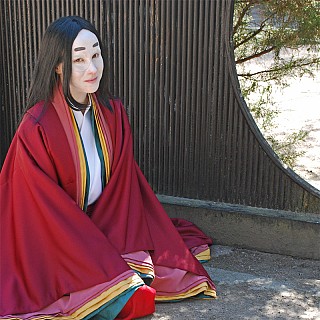 The Girl Who Changed Literature
The Girl Who Changed Literature
 Youth
Youth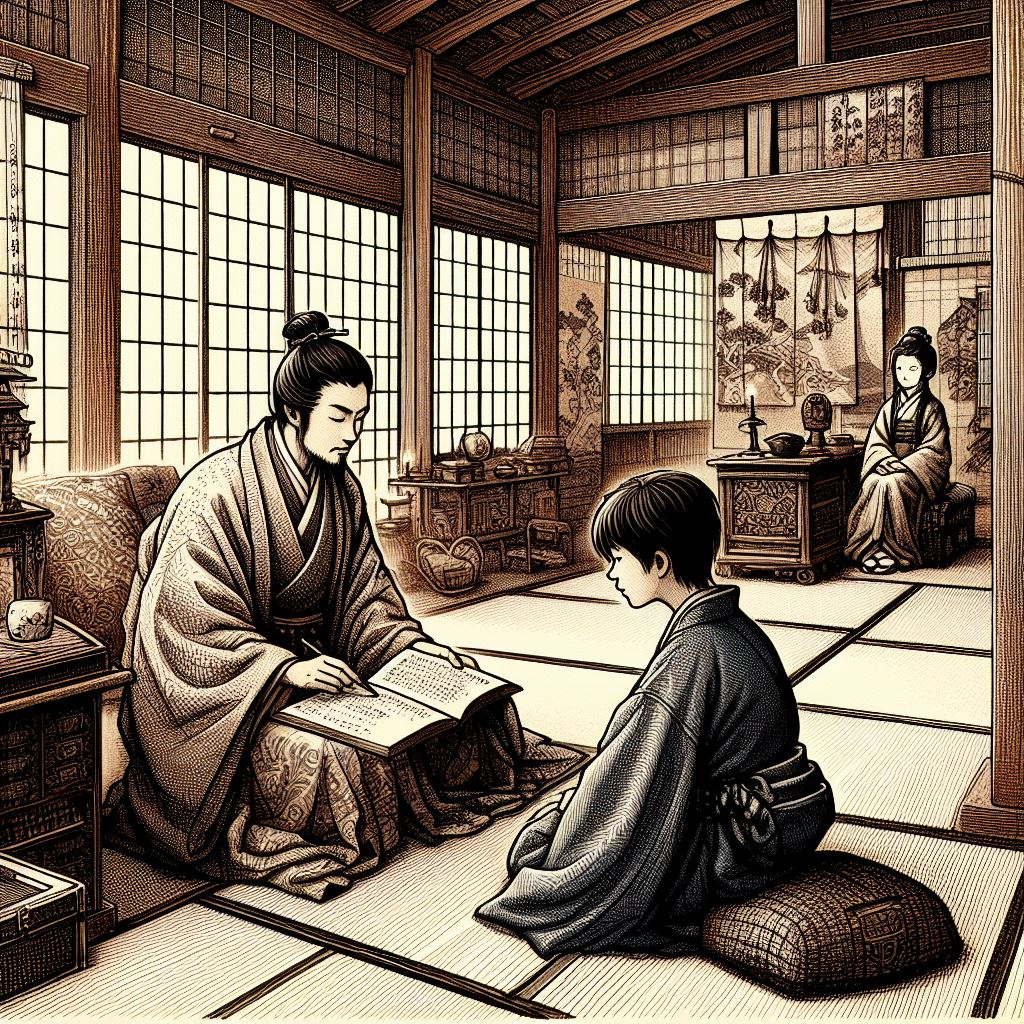 Forbidden Education
Forbidden Education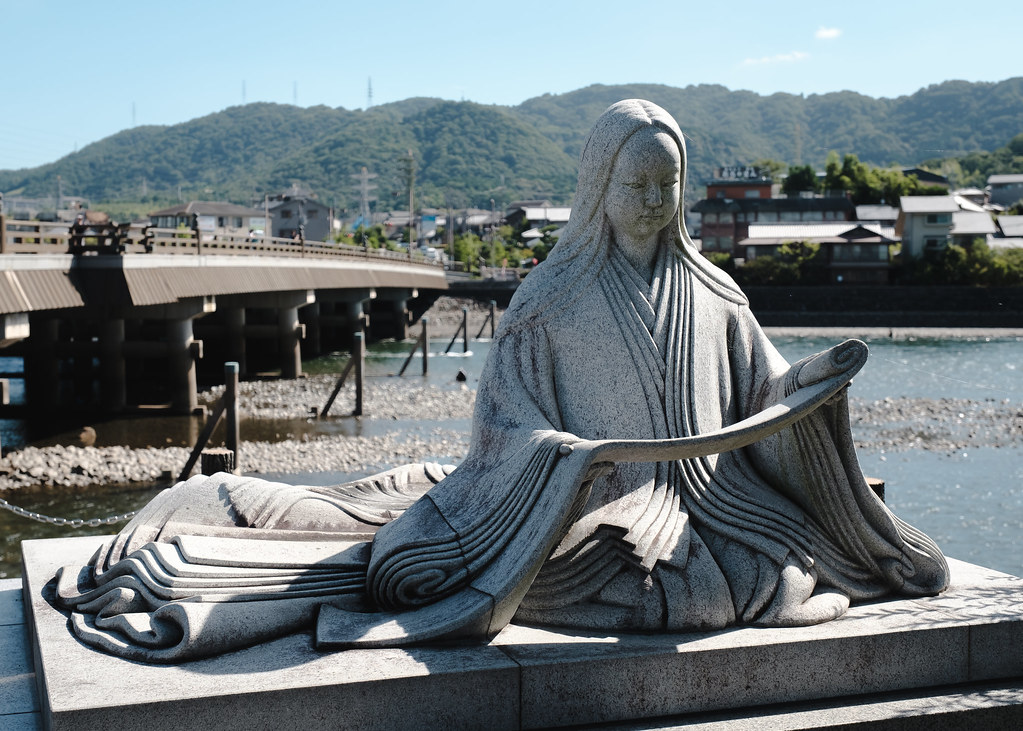 Murasaki Shikibu's 1000-Year Legacy
Murasaki Shikibu's 1000-Year Legacy

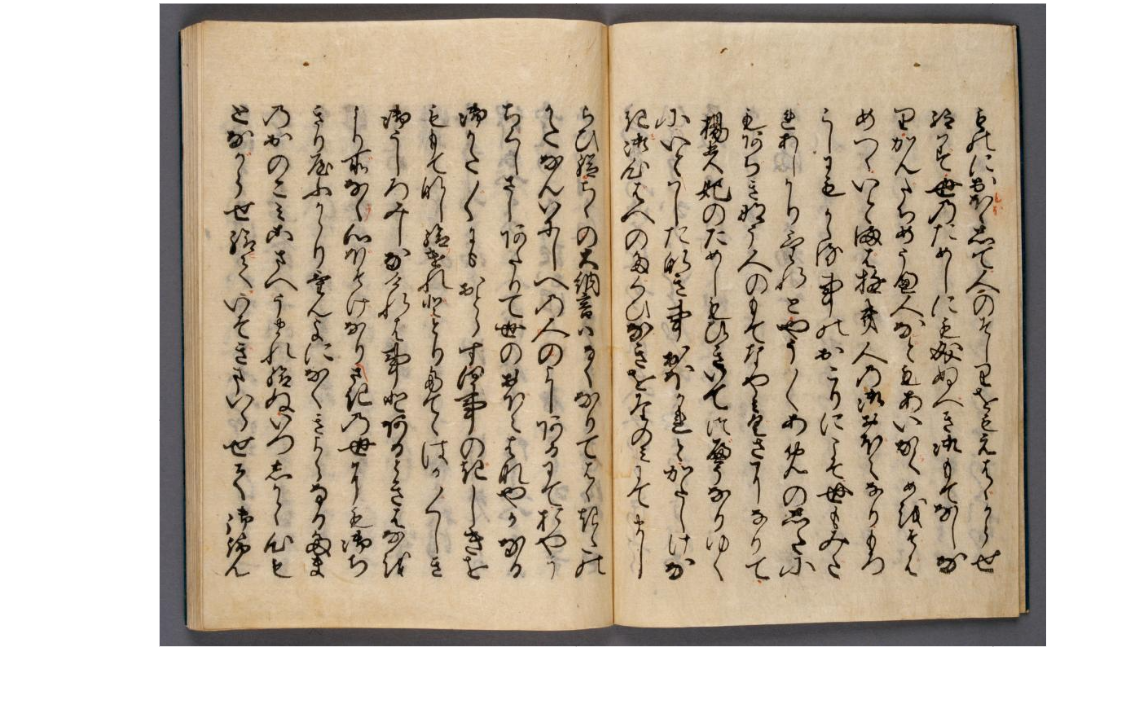 Diaries and Poetry: Personal Reflections
Diaries and Poetry: Personal Reflections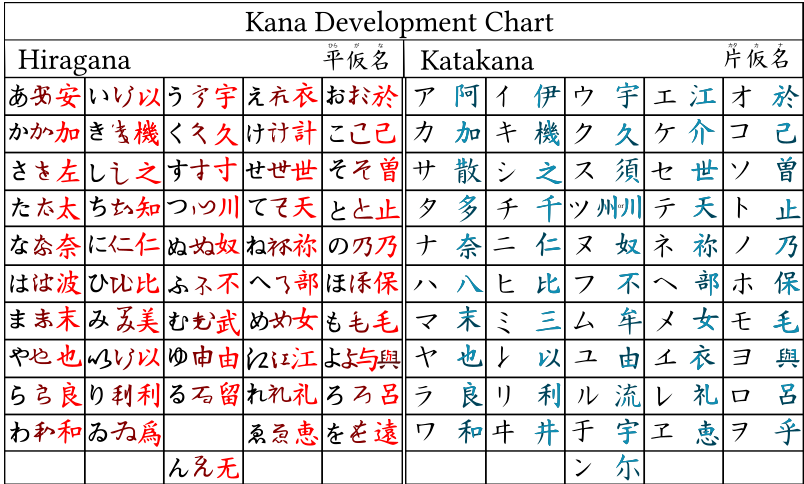 Contribution to the Development of the Japanese Language
Contribution to the Development of the Japanese Language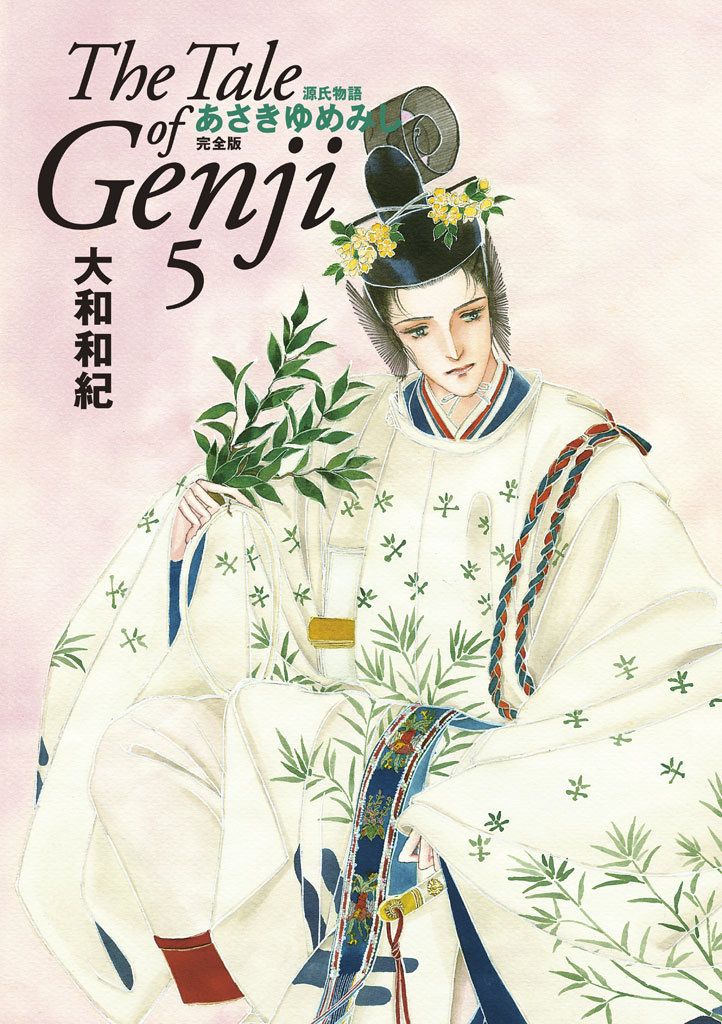 "Genji Monogatari" – What is the World's First Novel About?
"Genji Monogatari" – What is the World's First Novel About?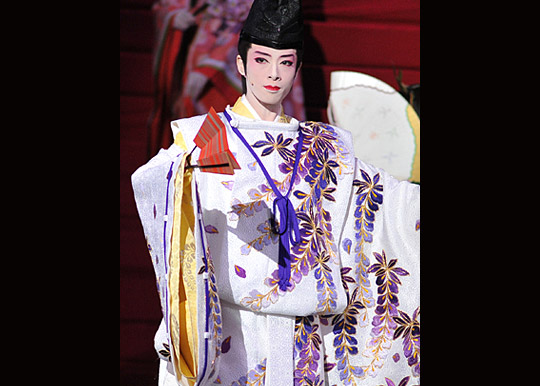 Themes and Motifs
Themes and Motifs
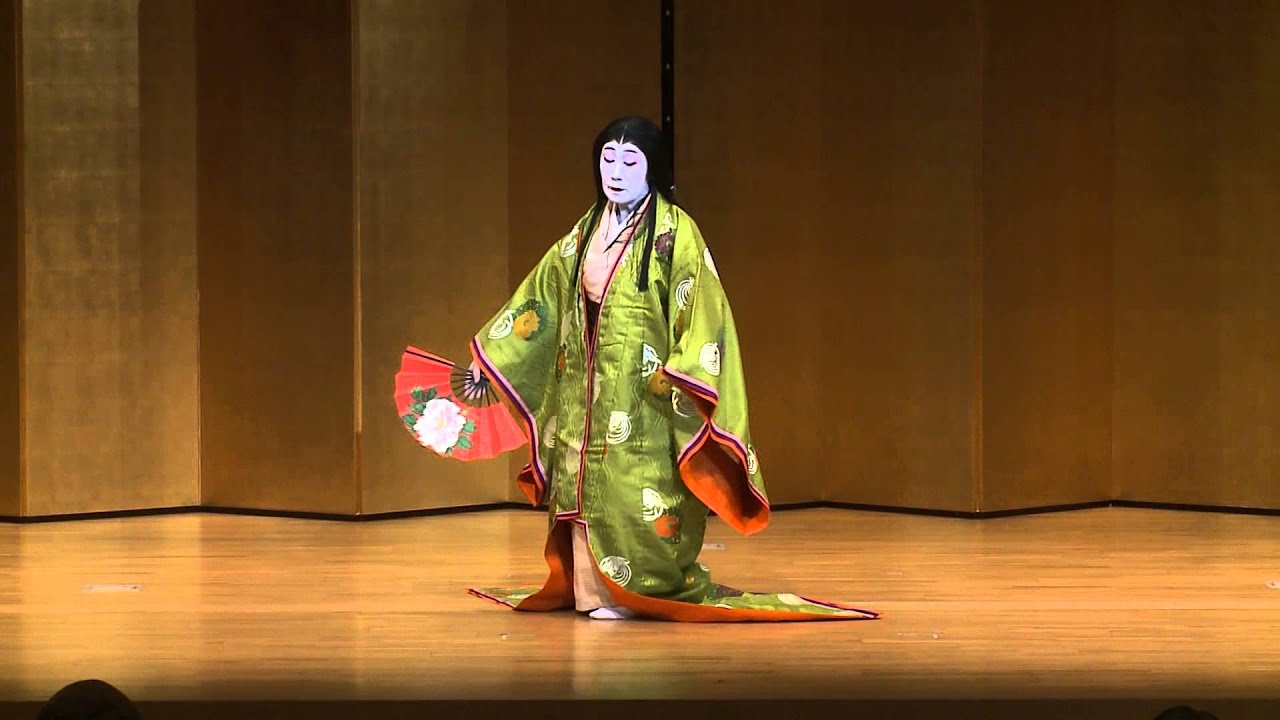 Theater
Theater
